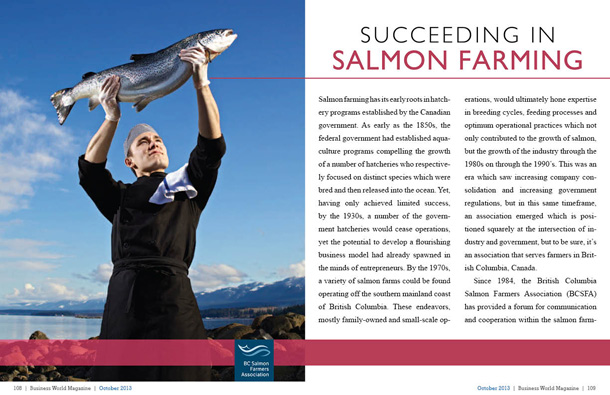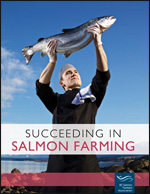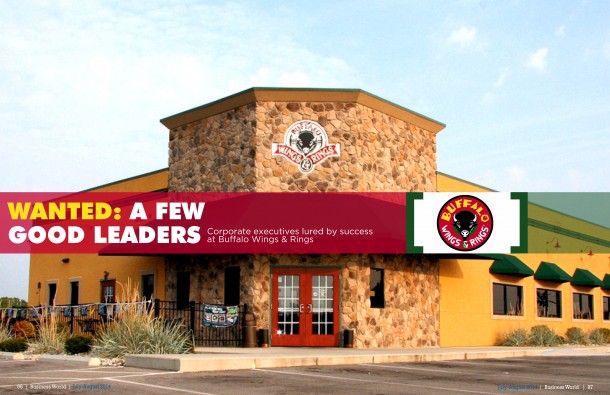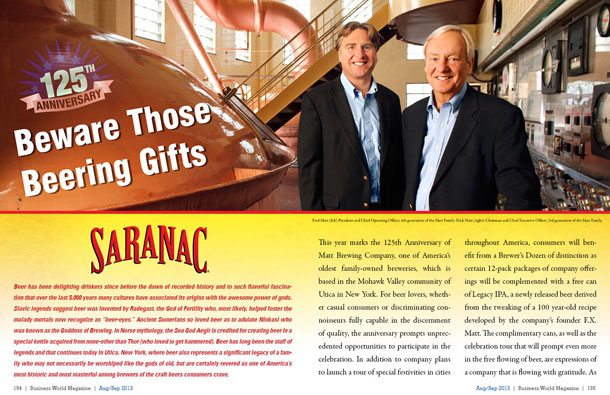
Succeeding in Salmon Farming

Salmon farming has its early roots in hatchery programs established by the Canadian government. As early as the 1850s, the federal government had established aquaculture programs compelling the growth of a number of hatcheries who respectively focused on distinct species which were bred and then released into the ocean. Yet, having only achieved limited success, by the 1930s, a number of the government hatcheries would cease operations, yet the potential to develop a flourishing business model had already spawned in the minds of entrepreneurs. By the 1970s, a variety of salmon farms could be found operating off the southern mainland coast of British Columbia. These endeavors, mostly family-owned and small-scale operations, would ultimately hone expertise in breeding cycles, feeding processes and optimum operational practices which not only contributed to the growth of salmon, but the growth of the industry through the 1980s on through the 1990’s. This was an era which saw increasing company consolidation and increasing government regulations, but in this same timeframe, an association emerged which is positioned squarely at the intersection of industry and government, but to be sure, it’s an association that serves farmers in British Columbia, Canada.
Since 1984, the British Columbia Salmon Farmers Association (BCSFA) has provided a forum for communication and cooperation within the salmon farming industry as the fundamental focal point between industry and government. The significance of the BCSFA cannot be overstated when considering the economic impact generated by professionals of this industry. In addition to providing employment for more than 6,000 people (directly and indirectly), this industry contributes more than $800 million annually to the Provincial economy. Salmon farms produce more than 75,000 metric tons per year, a feat that distinguishes farm-raised salmon as British Columbia’s largest agricultural export.
From its base in Campbell River, the BCSFA has fulfilled a mission that not only involves promotion of opportunities for fish farming, but creating greater public understanding and trust in terms of the operational values and environmental standards to which professionals adhere. To advance that mission, BCSFA Executive Director Mary Ellen Walling says it all starts “with good solid research.â€
“Understanding the values and interests of British Columbians, as well as their interest and knowledge about our farmers is vital,†says Walling, adding that by working as a team through a very active communications committee, the association maintains involvement in a range of concerns across the entire industry sector. In addition to providing information to the public and stakeholders about salmon farming, the BCSFA also coordinates industry-wide activities such as a Viral Management Plan, vital research, and community events.
Through facilitating such programs, the BCSFA has been integral to advancing initiatives which speaks both to sustainability of enterprise as well as the environment. In fact, BCSFA Members have been recognized for modeling the best practices within the industry, setting world class standards in term of operational responsibility and methodology essential to the supply of healthy seafood.
As Walling notes, it takes a healthy ocean to grow healthy fish. She says the industry and the environment are entirely interwoven, but for the matter, so too is the government. Salmon farming is among the most strictly regulated agricultural industry with BC. Fortunately, Walling says farmers are committed to making environmentally and economically responsible choices, which makes sense since they live in the very coastal communities in which they work; they have a vested interest in ensuring that their operations provide stability and opportunity with minimal impact. As an example of these efforts, Walling points to the development of a viral management plan. “This plan involves all of the companies farming Atlantic salmon and has a focus on prevention of disease on the farms … and then, an active coordinated management plan in the rare event of an outbreak. Ensuring that we share information, knowledge and communicate to our members gives our farmers the tools they need to make informed decisions. And of course the addition of a good solid communications strategy for the general public provides understanding of our farm practices,†says Walling.
Other initiatives have helped negate concern over the potential of farmed fish escaping into the wild, as Walling affirms, this was a major concern when the industry was just starting. “We tackled the problem by investing in superior farming systems, installing stronger nets and predator netting. We improved anchoring and farm-sites, and spent a lot of time developing and instituting escape prevention plans as well as escape response plans for every farm. Finally, and most important, we invested in our employees, and educated our staff,†says Walling, while indicating that in the time since, escapes have significantly reduced. “Our goal is to eliminate them entirely,†she adds.
With the help of the BCSFA, salmon farming techniques have dramatically improved over the last thirty years, and the industry continues to maintain a strong culture that thrives on innovation and constant improvement. Walling says the integration of new technology, combined with advanced fish health research, has enabled the industry to grow into an economically and socially vibrant part of the British Columbia landscape, all culminating with BC farmed salmon internationally recognized as a naturally healthy and environmentally responsible product that adheres to global standards for quality and sustainability.
That recognition has been largely supported through the efforts of BCSFA and what Walling affirms as “Communications, communications, communications!â€
“The BCSFA will continue to work with our team to ensure that British Columbians and Canadians and the global community understand the importance of seafood farming, and that we play a key role in using resources carefully to grow healthy and nutritious fish while having minimal impact on the environment.â€
For more information on the sustainability practices, research and programs supported by the British Columbia Salmon Farmers Association, visit the BCSFA website at www.salmonfarmers.org.
Â







